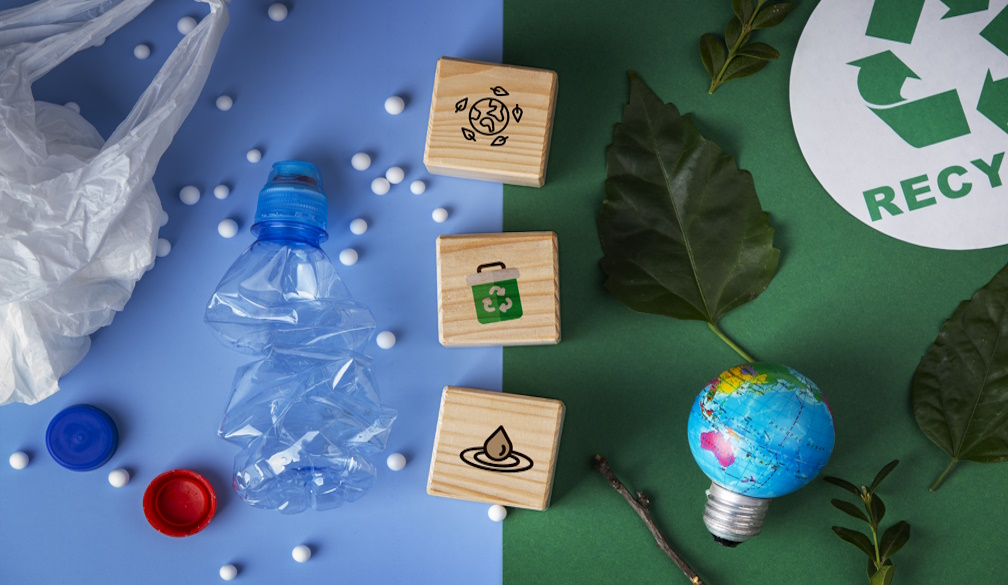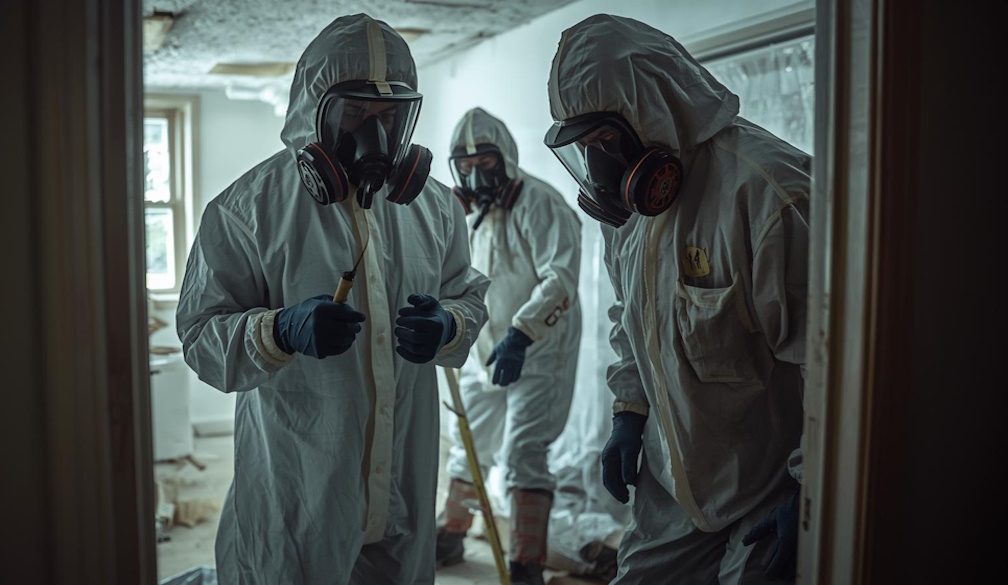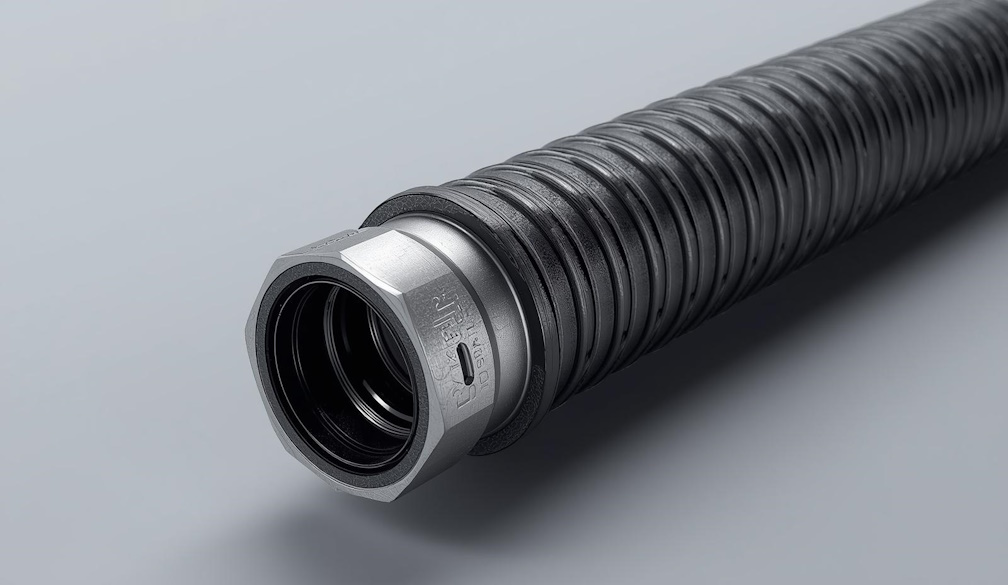Smart Waste Collection and Disposal: Why Choosing the Right Waste Management Company Matters

Efficient and responsible waste collection is an essential part of maintaining public health, protecting the environment, and promoting sustainability. Whether it's residential rubbish, commercial waste, or industrial by-products, how it is handled can significantly impact communities and ecosystems. That’s where a reliable waste management company becomes indispensable—not just for routine waste disposal, but for providing tailored, lawful, and environmentally-conscious solutions.
For homeowners, businesses, and local councils, finding a dependable partner for waste disposal is no longer just a logistical concern—it’s part of a broader responsibility to reduce environmental impact and support circular economy goals.
The Growing Importance of Professional Waste Management
As urban populations grow and consumption increases, cities and towns are facing an unprecedented surge in waste generation. From packaging waste and food scraps to e-waste and hazardous chemicals, the volume and complexity of waste is becoming harder to manage through traditional systems. In this context, professional waste management companies are evolving to offer much more than bin collection. They're implementing sophisticated tracking systems, introducing sustainable recycling practices, and offering customised solutions to different sectors.
Whether you're managing a single household or a commercial facility, choosing a reputable waste management company ensures that the waste you produce is not just collected—but handled in a way that complies with government regulations and environmental best practices.
What Does a Waste Management Company Do?
A waste management company provides a range of services, including scheduled waste collection, sorting, recycling, treatment, and final waste disposal. These companies are often licensed by environmental protection authorities and must follow strict guidelines to ensure they are not contributing to pollution or illegal dumping.
The typical services offered include:
General Waste Collection: Regular pickup of everyday rubbish, including food scraps, packaging, and non-recyclable items from homes or businesses.
Recycling Collection: Separate bins and schedules for paper, cardboard, glass, plastics, and metals, helping divert valuable materials from landfill.
Green Waste Services: Collection and composting of garden clippings, branches, and leaves.
Hard Rubbish Removal: One-off or scheduled pickup of large items like mattresses, furniture, and white goods.
Industrial Waste Disposal: Handling of bulk waste or hazardous material from factories, construction sites, or medical facilities.
Commercial Waste Solutions: Customised bin sizes, frequency of collection, and waste separation systems for offices, restaurants, retail, and logistics companies.
These services can be scaled up or down depending on the type and volume of waste being generated.
The Need for Responsible Waste Disposal
Irresponsible waste disposal can have serious environmental and legal consequences. Illegal dumping, landfill overflow, and pollution of waterways are all by-products of poor waste handling. A licensed waste management company helps reduce these risks by ensuring every item is correctly processed, whether through recycling, composting, or safe disposal.
In addition, correct waste disposal helps reduce greenhouse gas emissions. Organic waste in landfills, for example, produces methane—a highly potent greenhouse gas. By diverting green waste to composting facilities, emissions can be significantly reduced. Similarly, recycling plastics and metals reduces the need to extract and process virgin materials, saving energy and natural resources.
How to Choose the Right Waste Management Company
Choosing a waste management company isn't just about price—it’s about compliance, efficiency, and sustainability. Here’s what to look for when evaluating providers:
Licensing and Compliance: Make sure the provider is accredited and follows all local waste handling and environmental protection laws.
Range of Services: Some providers only offer basic waste collection, while others offer complete solutions, including hazardous waste handling, document destruction, and recycling audits.
Customisation: For commercial clients, flexibility in bin size, pickup schedules, and disposal methods is crucial.
Sustainability Practices: Look for companies that prioritise recycling, landfill diversion, and environmentally-friendly technologies.
Reliability: Missed pickups, late service, or poor customer support can create significant disruptions, especially in commercial settings.
Digital Tracking and Reporting: Some modern waste management companies offer online portals and data analytics to track your waste generation and sustainability performance over time.
Residential vs Commercial Waste Services
While the basic goal of removing waste remains the same, residential and commercial waste collection services differ significantly in scope and complexity.
Residential Services typically follow council-managed schedules and involve general waste, recycling, and green waste bins. Households may also need hard rubbish collection once or twice a year.
Commercial Services, on the other hand, can involve multiple waste streams, frequent pickups, after-hours service, and compliance reporting. Businesses may need additional services like grease trap cleaning, confidential document shredding, and electronic waste removal. A good waste management company will perform site assessments to tailor a solution based on the client’s operational needs and sustainability goals.
Emerging Trends in Waste Management
As governments tighten environmental regulations and society grows more eco-conscious, waste management companies are innovating to stay ahead. Some of the emerging trends include:
Smart Bin Technology: Sensors in bins detect when they’re full and optimise pickup schedules, reducing fuel consumption and improving efficiency.
On-Site Waste Processing: Commercial sites are installing compactors, food digesters, and shredders to reduce waste volume before collection.
Zero Waste Initiatives: Businesses are being supported in achieving “zero waste to landfill” targets through better sorting, staff education, and alternative disposal methods.
Circular Economy Support: More companies are helping clients close the loop by reintroducing materials back into their own supply chain or local manufacturing.
Education and Community Engagement: Waste companies are actively working with schools, offices, and local governments to promote recycling and responsible disposal habits.
Conclusion: Don’t Let Waste Be an Afterthought
Modern waste collection and waste disposal are about more than keeping bins from overflowing—they’re integral parts of a functioning, sustainable society. Whether you’re a homeowner tired of unreliable pickups or a business looking for greener waste solutions, partnering with the right waste management company makes all the difference.




